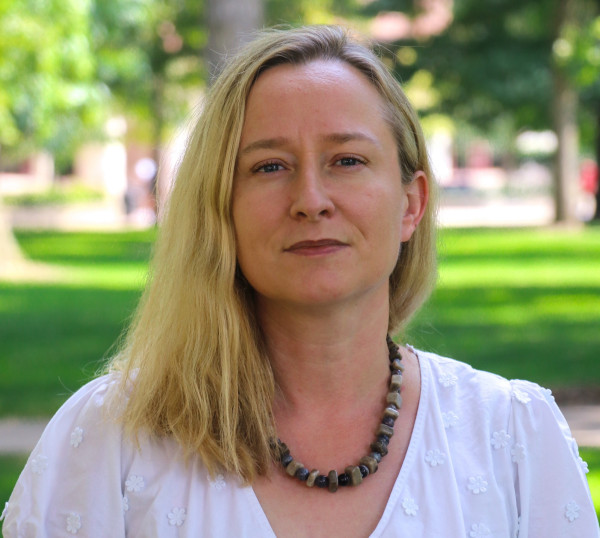MARVEL Distinguished Lecture — Dominika Zgid
It will take place on Thursday, April 18, 2024, 3 pm (CEST).
Zoom link:
https://epfl.zoom.us/j/69687243729?pwd=OHhuOU02RkZSUThBdmlFdVFTVG95QT09

Ab-initio Green’s functions methods for molecules and solids. What accuracy can we reach?
I will discuss current theoretical challenges in the study of solid state materials and I will describe my group's contributions to the development of post-DFT methods.
In the first part of my talk, I will present a formulation of relativistic self-consistent GW for solids based on the exact two-component formalism with one-electron approximation (X2C1e) and non-relativistic Coulomb interactions. Our theory allows us to study scalar relativistic effects, spin-orbit coupling, and the interplay of relativistic effects with electron correlation without adjustable parameters.
In the second part, I will talk about the treatment of strongly correlated electrons residing in d- and f-orbitals of crystals with transition metals. I will analyze correlation effects in SrMnO3 and BiVO3, as well as Neel temperatures in NiO, MnO, and CoO. Finally, I will sketch future directions.
About the speaker:
Dominika Zgid is a professor at the University of Michigan. She earned her undergraduate degree at Warsaw University in Poland in 2003, and Ph.D. from the University of Waterloo, Canada, in 2008. She joined the University of Michigan in 2012. Her primary interests lie at the intersection of theoretical chemistry and condensed matter physics, focusing on designing new, systematically improvable, and controlled computational methods for studying strongly correlated molecules and materials. Her research spans various topics, including a molecular version of the density matrix renormalization group, solvers for dynamical mean field theory using explicit bath formulation, conserving Green’s function methods for weakly correlated systems, and the development of ab-initio embedding Green's function methods.
Did you miss previous MARVEL Distinguished Lectures? You can watch them on the Materials Cloud dedicated page.
Low-volume newsletters, targeted to the scientific and industrial communities.
Subscribe to our newsletter